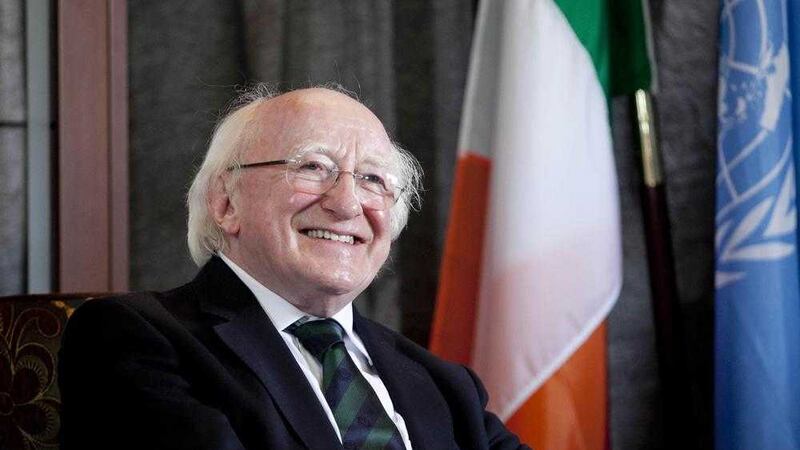THE decision of the majority of Britain’s voters to take their country out of the European Union presents Irish nationalists with a golden opportunity to construct a new Irish unity narrative and seize the initiative in terms of setting the political agenda for the first time since the turn of the century.
Brexit compels nationalists to seriously consider what a united Ireland would look like because, for the first time ever, a moment has arrived in which it is possible to feasibly imagine a context in which Irish unity advocates and pragmatic unionists would consent to co-exist in an all-Ireland framework.
The calls for a border poll now are wrong as it involves remaining in the comfort zone, indulging the fantasy that a united Ireland could merely be wished into existence through a fortuitous one off vote in present time.
We know that’s not going to happen, and that the path to unity is going to involve overcoming many more obstacles over a longer timeframe. Brexit is a game-changer because it makes it possible to glimpse a future in which a Britain, minus Scotland, compels unionists to reconsider the layers of identity that define their community and place within Ireland.
But if a border poll is premature, a different all-Ireland electoral contest is certainly not, and securing its realization should be a priority for nationalists.
By that I am referring to the 2018 Irish presidential election.
2016 has been a landmark year for remembrance in an Irish context, and in two years’ time we will mark the centenary of the 1918 general election.
That election contest was significant for a number of reasons. The ‘Representation of the People Act 1918’ gave women (over 30) the vote for the first time, as well as all men over 21 without any property qualifications. Consequently, the Irish electorate significantly increased to more than 2 million.
The result saw Sinn Fein claim 73 of the 105 Irish seats and led to the establishment of Dail Eireann, triggering the Tan War and ultimately partition and the formation of the independent Irish state.
In this decade of centenaries, it would be of profound significance were we to mark the 100th anniversary of the last significant all-Ireland election with a new 32 county contest, this time for the presidency of Ireland.
It is entirely within the gift of the Irish government to deliver this through a constitutional referendum, and neither the British government nor unionist politicians are in any position to stand in the way of what would be a powerful expression and affirmation of the all-Ireland nature of northern nationalist identity as well as of the wholly peaceful aspiration for Irish unity.
It should be a nationalist imperative to secure the franchise for northern-born Irish citizens. Ironically, one of the consequences of Brexit has been a surge in applications for Irish citizenship from within the northern unionist community.
Extending the franchise to citizens residing in Northern Ireland would open the contest to thousands of unionists who could exercise their right to participate in an election contest that has delivered leaders of great stature since 1990, leaving a positive and enduring legacy in Ireland and on the international stage.
The manner in which the presidency has been transformed under the two Marys - Robinson and McAleese - neatly charts the story of modern Ireland’s evolution from the fractious years of the late 1980s through to the peace process, Celtic Tiger and dawn of a new millennium which has seen Ireland become more culturally and politically diverse than at any time in its history.
President Higgins’s participation in the Easter 1916 and Somme commemorations illustrates how the progressive Irish republican narrative moving forward is one which has found a place for the telling of many perspectives, affording respect and celebrating diversity in our 21st century nation.
20 years ago, northern nationalism was at its best when it set the political agenda through John Hume’s relentless push to promote acceptance of the three-stranded approach and subsequently through Sinn Féin’s confident and assertive promotion of the equal role and place of an all-Ireland nationalist tradition within the north.
Nationalism can once again set the agenda by securing northern participation in the 2018 presidential election, a potentially transformative move which will strengthen and provide for a powerfully symbolic and inclusive expression of our national identity.
:: Fionnuala O Connor is away.









